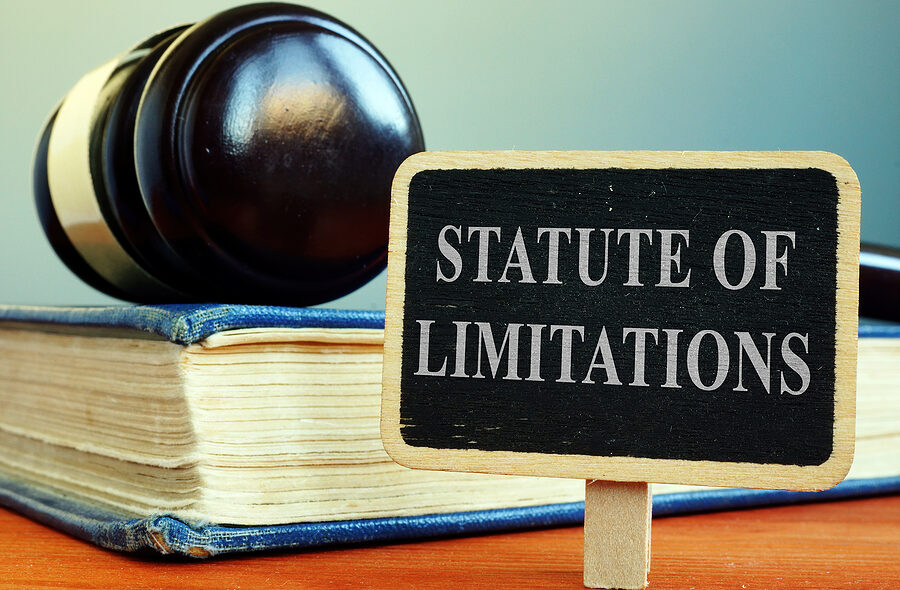Borrowers who have had their federal student loans forgiven due to “total and permanent” disability determinations will no longer have to pay federal income taxes on the amount forgiven. This change is great news for borrowers who anticipate having loans forgiven in the future. However, if the disabled borrowers were granted loan forgiveness prior to the rule change in December, the benefit does not extend to them as the Tax Cuts and Jobs Act is not retroactive.
According to a report issued by the U.S. Government Accountability Office (GAO) in December 2016, the United States Department of Education forgives an estimated $2 billion in loans owed by disabled borrowers annually.
Disabled borrowers include veterans who are no longer able to work due to service-related injuries but also anyone who is determined to be “totally and permanently disabled” by a physician and is now receiving disability benefits from the Social Security Administration. According to the GAO, over 213,000 people were approved for discharges due to total and permanent disability (TPD) in 2014 and 2015. The typical amount forgiven in 2015 was around $17,500, an amount which would be then considered taxable income by the IRS.
In 2016, the Department of Education, utilizing a computer matching software, identified an additional 387,000 borrowers who appeared to be eligible for loan forgiveness. Notifications were then sent to these individuals regarding their eligibility, also warning them of the tax consequences. An additional 19,000 in new approvals for loan forgiveness were then made.
However, the fact that only 19,000 followed through showed that borrowers may have been either intimidated by the paperwork or scared of the tax consequences of the student loan forgiveness.
Now that no federal tax implications are tied to loan forgiveness for disabled borrowers, lawmakers want to see the Department automatically clear out the debt of those who do meet the eligibility requirements by using the same or similar computer matching program that was previously used. In fact, on Feb. 15, eight lawmakers sent a letter to Secretary of Education Betsy DeVos and VA Secretary David Shulkin, asking that the process begin in discharging these debts.
“Veterans who have served our country with honor and sustained a debilitating service-connected disability are still facing the burden of payments on debt that is eligible to be forgiven,” the letter said. “Delaying benefits owed to our veterans due to a lack of coordination among federal agencies is unacceptable.”
Certain issues may delay borrowers from filing for a TPD discharge, especially if the filer is not a veteran. Delays have been known to happen at the Social Security Administration level.
“Borrowers with disabilities who are eligible for loan discharge may still struggle to get relief from the burden of their student loans,” the Consumer Financial Protection Bureau’s student loan ombudsman, Seth Frotman, reports. “Borrowers complain to the Bureau about problems related to every stage of the TPD discharge process.”
Once approval has been given for the disability and the borrower has been approved for loan forgiveness, it is also still possible that the approval can be taken away if the borrower fails to submit to annual income verification that is required for the three years following the approval, also known as the three-year monitoring period. The IRS is not notified that the loan has been forgiven until after the three-year period has been completed.
However, if the borrower was given TPD discharge through a VA application, he or she will not need to do the three-year monitoring period.
The Consumer Financial Protection Bureau (CFPB) suggests borrowers do the following when seeking TPD loan discharges:
- Provide proof of disability from a physician, the Social Security Administration or Veterans Administration;
- If the borrower’s loans are in default, it is recommended that he or she apply for discharge as soon as possible. Any payments being taken out of social security benefits will then stop while the application is being reviewed;
- Remain in touch with the loan servicer during the three-year review period;
- Discuss other options if the borrower has been turned down for a TPD discharge. Other income-based repayment plans do exist to help ease the burden if the borrower cannot get a total discharge.
There are ways to file for bankruptcy with student loan debt. For borrowers who are struggling with student loan debt, relief options are available. Many student loan borrowers are unaware that they have rights and repayment options available to them, such as postponement of loan payments, reduction of payments or even a complete discharge of the debt. It is important you contact an experienced Miami bankruptcy attorney who can advise you of all your options. As an experienced CPA as well as a proven bankruptcy lawyer, Timothy Kingcade knows how to help clients take full advantage of the bankruptcy laws to protect their assets and get successful results. Since 1996 Kingcade Garcia McMaken has been helping people from all walks of life build a better tomorrow. Our attorneys help thousands of people every year take advantage of their rights under bankruptcy protection to restart, rebuild and recover. The day you hire our firm, we will contact your creditors to stop the harassment. You can also find useful consumer information on the Kingcade Garcia McMaken website at www.miamibankruptcy.com.
Related Resources: https://www.credible.com/news/student-loans/disabled-no-longer-face-big-tax-hit-student-loans-forgiven/





